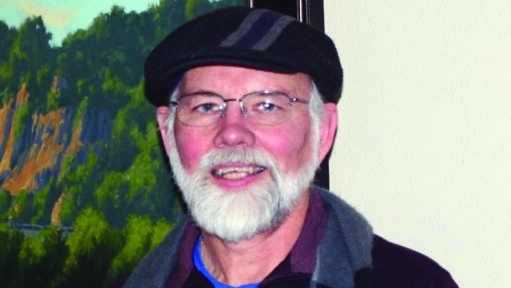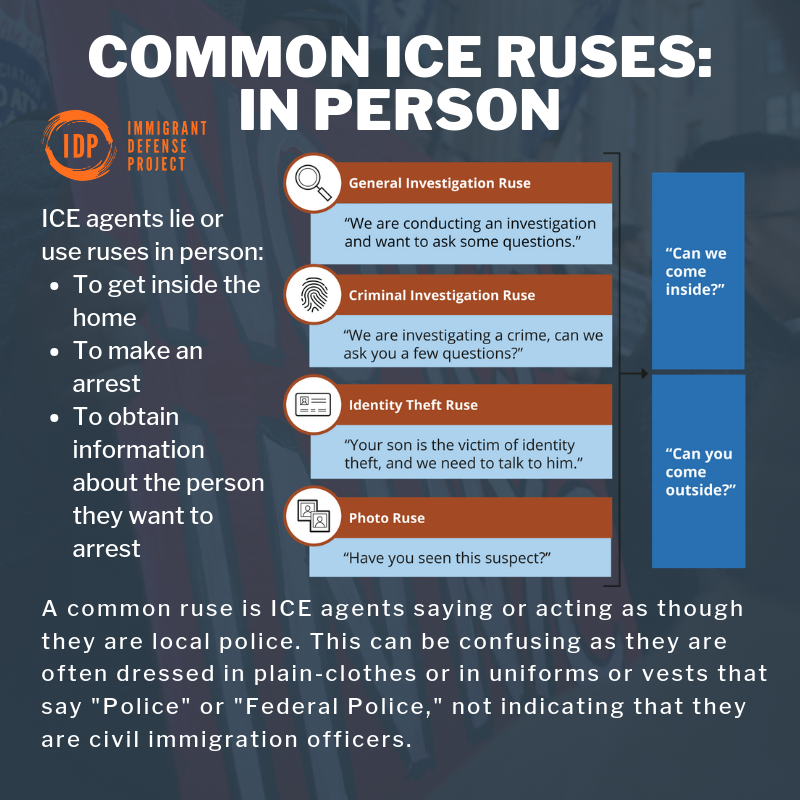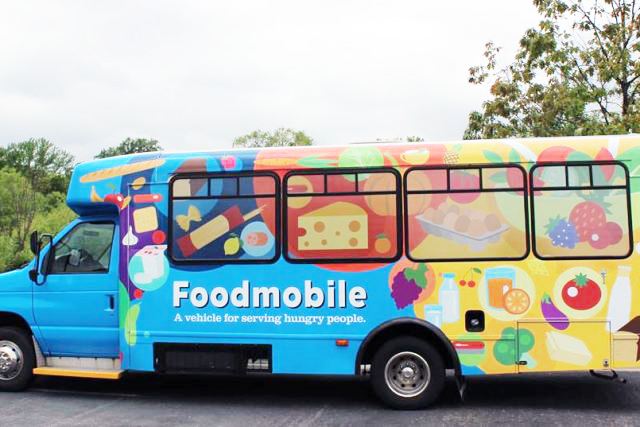Community and Fellow Travelers
Building an Antiracist Community
Community and Fellow TravelersIt was getting dark, and we still had a ways to go before we finished what turned out to be an all-day hike. We underestimated the length of the trip and overestimated our abilities. The climbing and the descent had taken their toll. Our thighs were burning, and our knees were sore. We would have liked to move more quickly, but we were going as fast as our bodies would allow. We stepped aside as other hikers passed us by. One of them, perhaps noticing our age and slow pace, stopped and asked if we had a light with us to help finish the hike. We said we could use the light from our phones. Five minutes later he returned with a headlamp that he wanted us to use. He said he did not feel good about leaving us on the trail with the growing darkness. He would wait for us at the trailhead. We accepted his generous offer and thanked him profusely. About a half-hour later, we safely finished our hike and again expressed our gratitude.
If our helper felt any judgment about the situation in which we found ourselves, he never showed it. There were no accusatory questions about being on the trail at this late hour of the day. His primary and only interest appeared to be that we get back safely. In his book “The Second Mountain”, author and New York Times columnist, David Brooks argues this is the type of orientation that one can expect to find in those he refers to as community builders. Rather than sit in judgment of the predicaments or difficulties neighbors encounter, community builders simply look for ways they might help. Brooks states, community builders, “utterly reject the idea that some people have everything in order, and others are the screw-ups. In their view, we are all stumblers…Community builders believe in radical mutuality.”
The notion of radical mutuality as a driving force in community building stands in sharp contrast to what Brooks and others refer to as “hyper-individualism”. Without question, healthy individualism has its place in our nation and communities. It can be a source of creativity and a place of resistance to stifling conformity. But, according to Brooks, individualism-run amok normalizes selfishness, giving the highest priority to the acquisition of things like money, power, and status. It leaves little room and little motivation for offering assistance to fellow travelers who may be in need of a helping hand.
Applied narrowly, radical mutuality gives motivation for returning with a headlamp for hikers who may have overestimated their ability and underestimated the trip. Applied narrowly, radical mutuality invites us to volunteer as a tutor, serve meals at a food shelf or simply stop for a pedestrian at the crosswalk. Applied more broadly, radical mutuality invites us to ask challenging questions about what we might collectively do to make our communities safer, welcoming for all, and resilient.
In her book “The Sum of Us”, Heather McGhee argues it is our inability to embrace mutuality that is a driving force in maintaining white supremacy. White supremacy requires a zero-sum framework in which one person’s gain is dependent on another person’s loss. There is no gain in supporting a fellow traveler, therefore any effort to do so will necessarily be a loss. Radical mutuality confronts the division of race and class with a readiness to refrain from judgment, simply asking, ‘how can I help, what is required of me to support my fellow travelers and make this the type of community I want it to be for all of us?’ We likely would have made it back on our own, but the world felt a little better, a little safer and a little kinder because someone we did not know and would never see again took the time to care about fellow travelers.
Tim Johnson is a retired pastor of the United Church of Christ.




